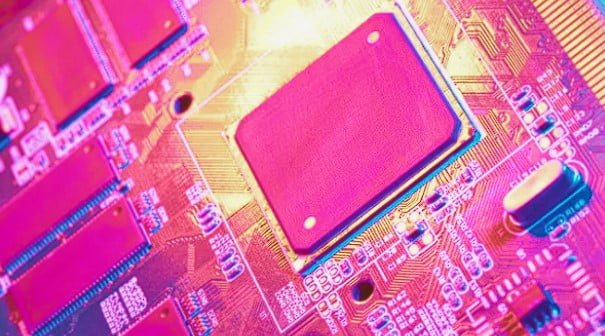Universal Memory Propels Next-Gen Computers Towards Dramatic Speed Boost

The latest breakthrough in ‘universal memory’ technology, heralding a significant stride towards revolutionizing computer performance with unparalleled speed enhancements.
Cutting-edge advancements in computer memory technology are pushing boundaries, with scientists recently achieving a significant breakthrough. This milestone brings us closer to universal memory – a revolutionary solution poised to replace both RAM and flash storage with a faster, more efficient alternative.
In a groundbreaking study published in the prestigious journal Nature, researchers unveiled a highly stable prototype utilizing a novel material called “GST467,” composed of germanium, antimony, and terbium. This innovative material, structured in a superlattice configuration, holds immense promise for a memory solution that seamlessly integrates short- and long-term storage functionalities while offering improved speed, cost-effectiveness, and energy efficiency.
Presently, computers rely on RAM for short-term memory and flash memory for long-term storage. However, the GST467 prototype, categorized as phase-change memory (PCM), offers a compelling alternative. By switching between high and low resistance states on a glass-like material, it represents the ones and zeros of computer data. Its unique characteristics, including higher crystallization and lower melting temperatures, position it as an ideal candidate for PCM technology.
Extensive testing revealed that GST467 memory devices exhibit remarkable speed and energy efficiency, with the ability to retain data for over a decade even at elevated temperatures. Moreover, it outperforms existing memory solutions on multiple fronts simultaneously, marking a significant step toward universal memory adoption.
While ULTRARAM, another contender for universal memory, shows promise, the GST467 prototype boasts advantages in terms of voltage requirements and compatibility with existing semiconductor fabrication methods. However, scaling up production cost-effectively remains a challenge, underscoring the importance of collaboration with industry partners to bring this transformative technology to consumer devices.
The development of GST467-based memory devices represents a pivotal moment in the quest for universal memory, promising unparalleled performance and efficiency for future computing systems.








